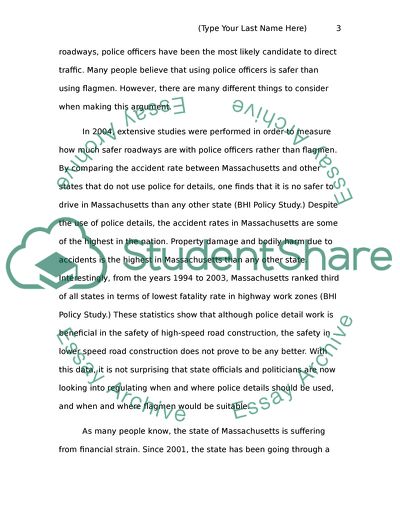Cite this document
(The Corrupted Cash Cow for Cops Assignment Example | Topics and Well Written Essays - 2000 words, n.d.)
The Corrupted Cash Cow for Cops Assignment Example | Topics and Well Written Essays - 2000 words. https://studentshare.org/sociology/1717920-argumentative-research-paper
The Corrupted Cash Cow for Cops Assignment Example | Topics and Well Written Essays - 2000 words. https://studentshare.org/sociology/1717920-argumentative-research-paper
(The Corrupted Cash Cow for Cops Assignment Example | Topics and Well Written Essays - 2000 Words)
The Corrupted Cash Cow for Cops Assignment Example | Topics and Well Written Essays - 2000 Words. https://studentshare.org/sociology/1717920-argumentative-research-paper.
The Corrupted Cash Cow for Cops Assignment Example | Topics and Well Written Essays - 2000 Words. https://studentshare.org/sociology/1717920-argumentative-research-paper.
“The Corrupted Cash Cow for Cops Assignment Example | Topics and Well Written Essays - 2000 Words”. https://studentshare.org/sociology/1717920-argumentative-research-paper.


